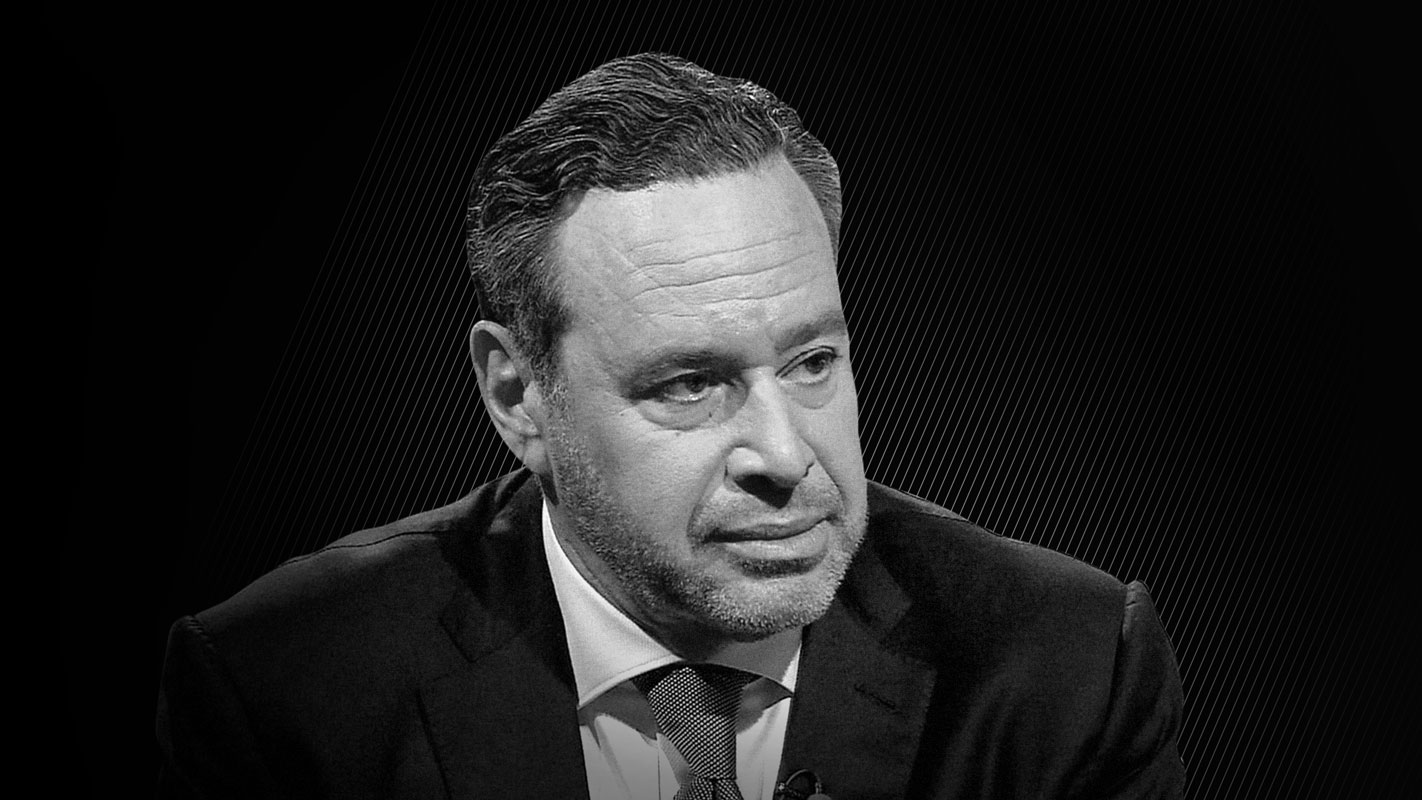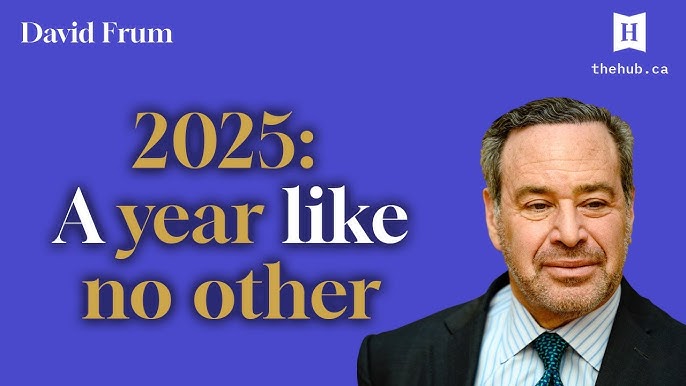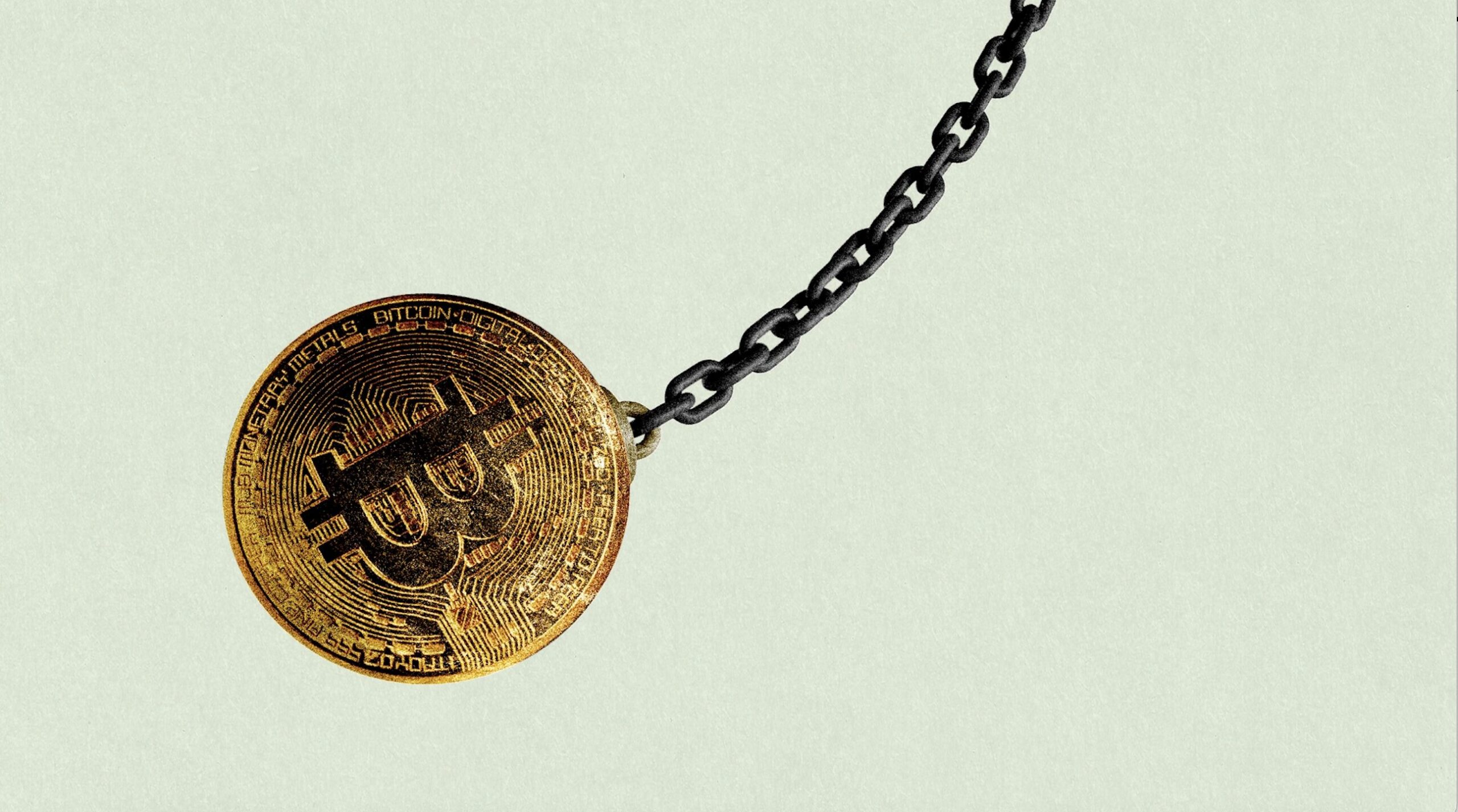“On the 20th of July 1787, Gouverneur Morris rose inside the stiflingly hot Independence Hall in Philadelphia to explain why he had changed his mind and now favored including a power of impeachment in the constitutional text.
Until that point, he and others had feared that an impeachment power would leave the president too dependent on Congress. He had thought the prospect of reelection defeat would offer a sufficient control on presidential wrongdoing.
But the arguments of other delegates had convinced him—and particularly an example from then-recent British history. A century earlier, Great Britain had been ruled by a king named Charles II. King Charles was the son of Charles I, the king whose head had been cut off during the English Civil War. Restored to the throne, Charles II had learned to tip-toe carefully around his dangerous subjects. But there was a problem: Charles wanted more money than Parliament willingly offered him. His solution? He reached out to an old friend and patron, the King of France, Louis XIV.”
Click here to see more
Relevant and recent posts

Dr. Sanjay Gupta: A New Way to Heal
Doctors have long prescribed pills and procedures. But for some people, that isn’t enough. Sanjay sits down with Julia Hotz, author of The Connection Cure, to explore the…
Thought Leader: Sanjay Gupta

Niall Ferguson: Trump’s World Order Live From Davos
Live from Davos, Scott Galloway and historian Niall Ferguson examine why today’s geopolitical moment looks less like a “new world order” and more like a…
Thought Leader: Niall Ferguson

Mike Pence Talks Trump’s Foreign Policy
Former US VP Mike Pence discusses President Trump’s foreign policy with Greenland, Russia, and Ukraine. He says he commends President Trump on finding a framework…
Thought Leader: Mike Pence
More with this speaker
Subscribe to the WWSG newsletter.
Check Availability
- Loading




